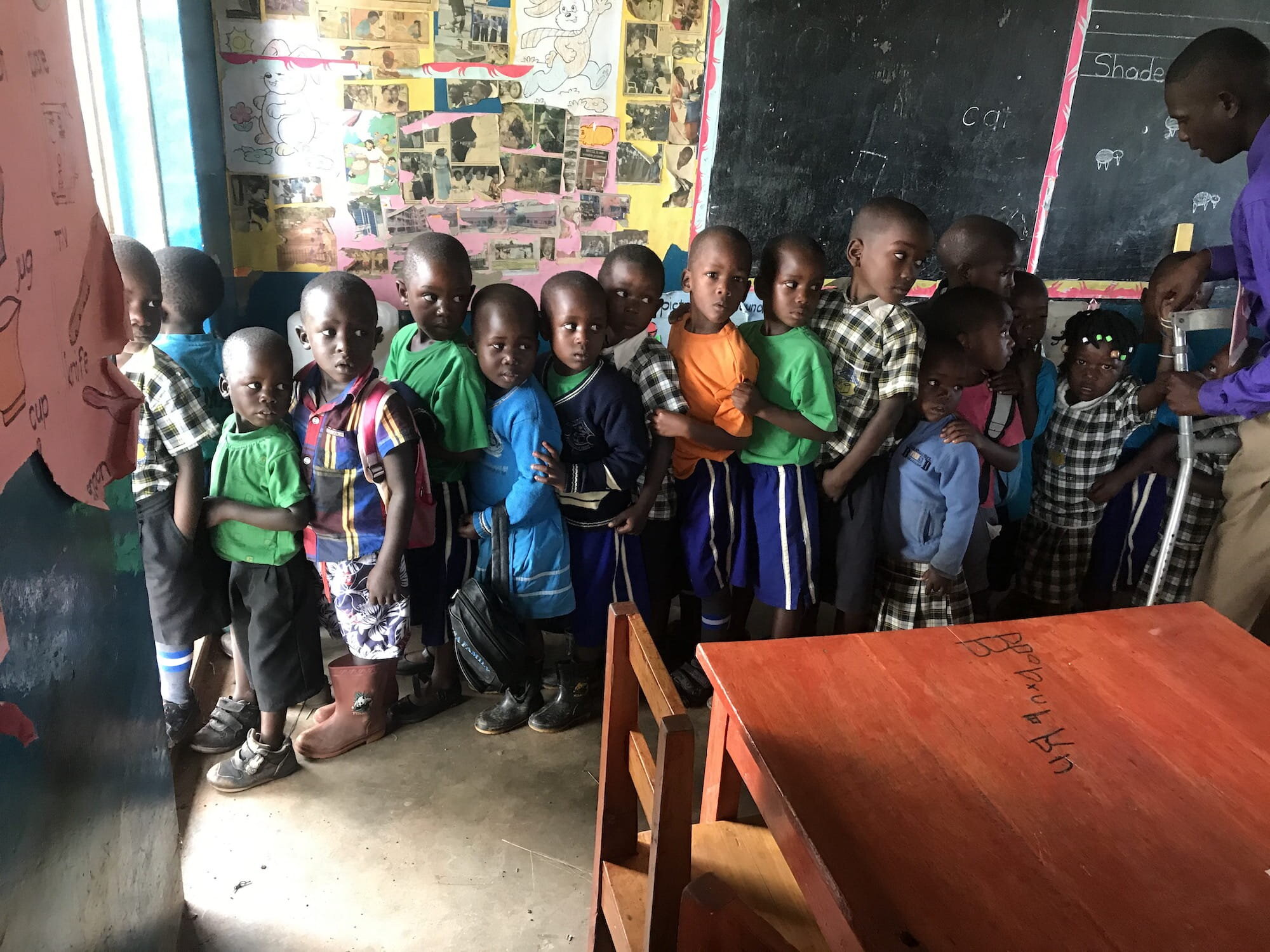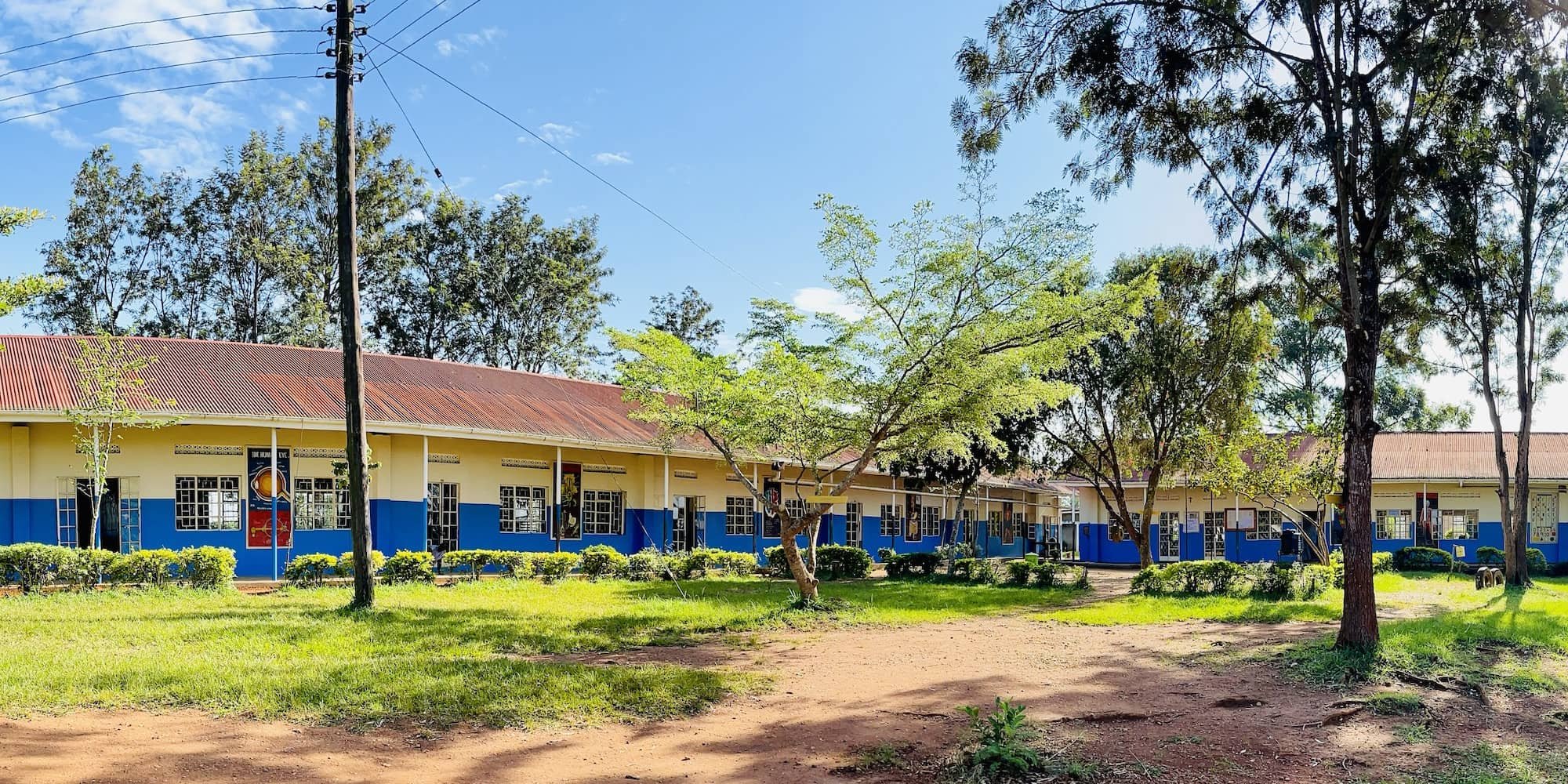
The School
The Beginning
In 1989, the HIV/AIDS epidemic significantly impacted the Rakai District, now part of the Kyotera District of Uganda, located near the border of Tanzania. Consequently, young children were orphaned and vulnerable as the disease devastated the region. In response to the plight of many abandoned children, Sister Rose opened the Sabina Home for Orphans in Sanje, Kyotera District with her organization Daughters of Charity (DOC). Through her work at the orphanage, Sister Rose added access to a primary school education and other necessary developmental resources for the children and community.
Leadership History
During the late 1980’s Sister Rose partnered with the Italian Consolata Fathers to build the brick and mortar for all of the existing structures on the school grounds. In the 1990’s, in partnership with Children of Uganda (COU), a U.S. non-governmental organization (NGO), Sister Rose expanded the orphanage into a primary day and boarding school currently known as St. Kizito Sabina Boarding Primary School (Sabina).
Read More
In its early beginning, the U.S. NGO managed the school and found sponsors for its students. Due to a decline in Sister Rose’s health in 2009, she transferred oversight of the school program to the Archdiocese of Kampala and the U.S. NGO continued to manage the overall day-to-day operations of Sabina. These responsibilities proved to be too challenging an undertaking; thus, in 2012, the U.S. NGO stepped away from the partnership leaving the Head teacher of the school to run operations under the direction of the school management committee and the Archdiocese of Kampala.
Today
Despite many financial, operational, and administrative challenges, Sabina is forging ahead restructuring its organizational and physical infrastructure with new leadership to provide excellent opportunities in academics and extracurricular activities. One of the objectives of Friends of Sabina (FOS) is to strengthen the foundation of the school through advocacy and philanthropy. In an attempt to expand the school network beyond physical borders, FOS invites all who are willing to partner with them to help improve the quality of education for our students and community. The Sabina faculty, students, and parents/guardians are committed to forwarding this work for this generation and those to come, as every young person deserves to reach his or her full potential.
Read More
Insight into Education in Uganda
English is the official national language of Uganda and their academic program is based on the British school system. The school year has three terms beginning in February and finishing in early December. Testing is constant for students. In addition to ongoing progress assessments of the classroom work, each term, exams are given in every subject. If a student doesn’t perform well or pass the class, they may be required to repeat the grade. Students are assigned a grade and position by gender and age. While students typically follow age-based classes, many factors determine unique placements such as skipping a year because of financial constraints, performance challenges, and other circumstances.
Children initially attend Sabina starting in pre-primary (nursery school) between the ages of three through six. The classes are broken down into Baby, Middle, and Top classes––comparable to preschool/kindergarten in the United States. At the conclusion of nursery school, students then proceed to the Primary Level (P1 through P7)–-comparable to grammar school in the U.S. During these levels, children study English, Math, Science, and Social Studies (consisting of History, Geography, Religious Studies). Physical Education is also taught, but not examined. At Sabina, teachers also incorporate Permaculture/Agriculture into the curriculum. National Primary Leaving Exams (PLE) are taken at the end of P7. The assessment of these rigorous exams will determine and impact students' choice in secondary school placement or if they will need to repeat P7.
The secondary school program is split into Ordinary (O) levels- a standard four-year program and Advanced (A) levels- the advanced two-year program. During these levels, students study Science, Mathematics, Languages (English, among other foreign languages & literature), Social Science (Geography, History), and other vocational subjects.





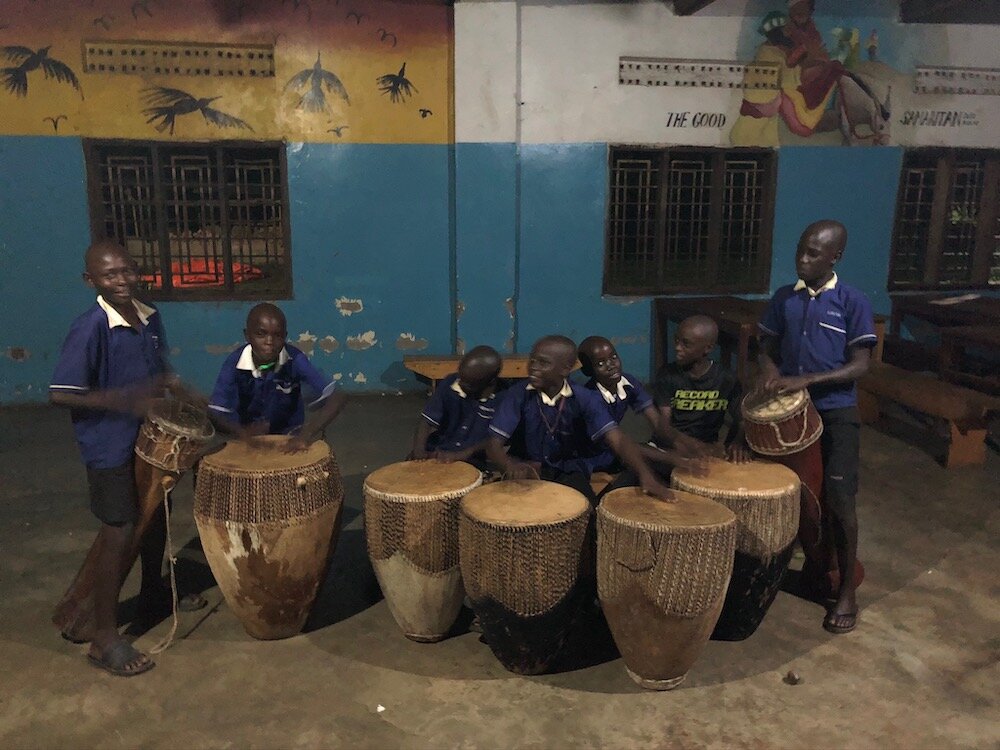

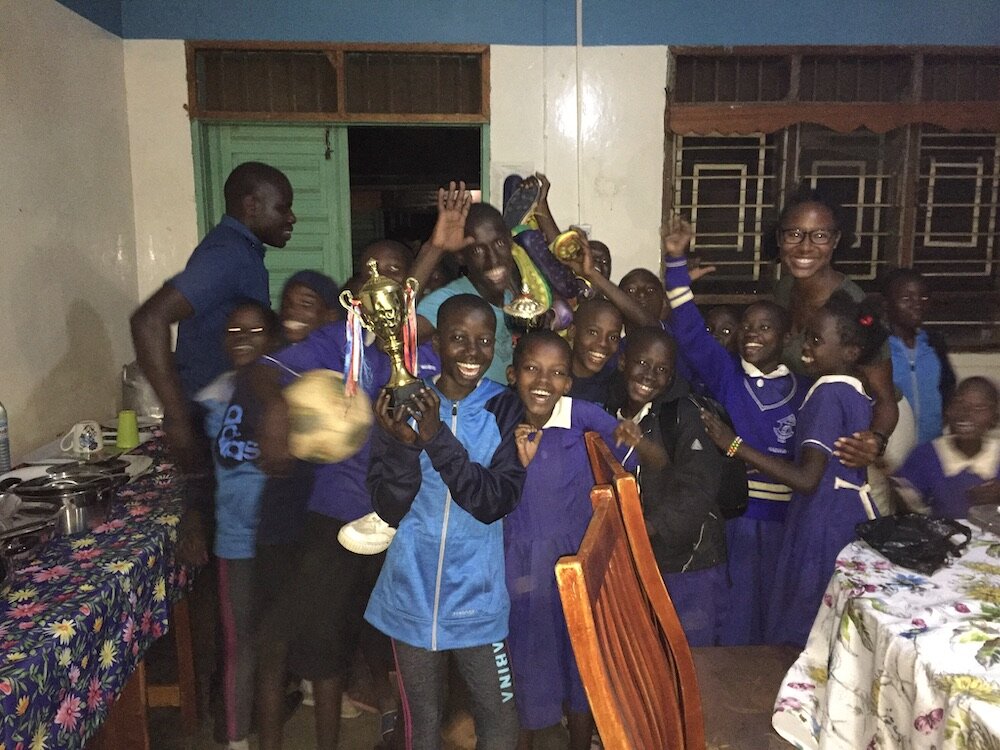

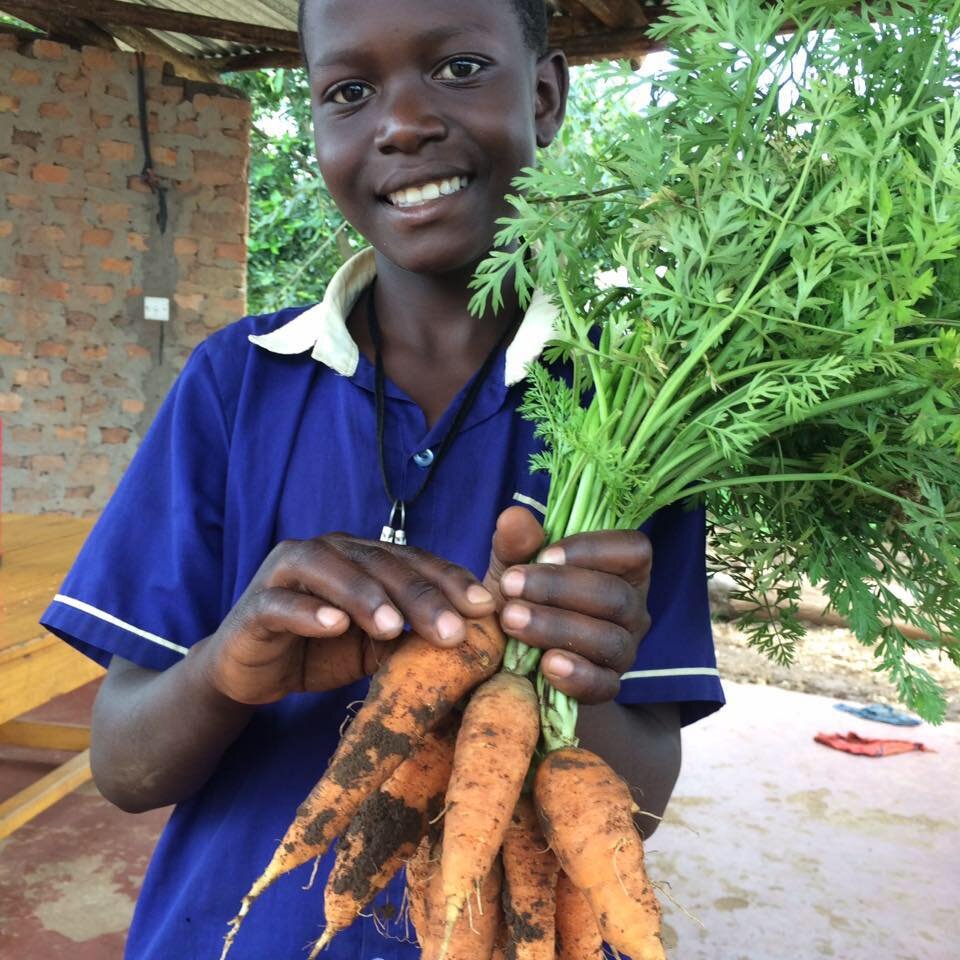
About Sister Rose Muyinza
Founder of St. Kizito Sabina Boarding Primary School
Sister Rose Mystica Muyinza, commonly referred to as the Ugandan Mother Theresa, was a trailblazer. She devoted her life to caring and empowering those who were vulnerable and especially those devastated by war and HIV/AIDS. Most importantly, she was a mother to thousands of orphaned children.
Read More
In 1971, Sister Rose started Daughters of Charity (DOC) in Uganda, through which she founded multiple children's organizations, including Sabina Boarding Primary School. Governed by Christian principles, Sister Rose prepared the youth for a life of independence and shared knowledge about the value of kindness and compassion. She encouraged cooperation and unity among communities. In 2000, she received a Guinness Power of Goodness award for her courageous service and notable work with vulnerable children and women. Sister Rose passed away in 2009; however, her legacy continues to inspire through her guiding principles of “love, kindness, and service.”
Friends of Sabina have inherited Sister Rose’s passion for advocacy. Her commitment to service and volunteerism is the driving force for the philanthropic vision of FOS. In the coming years, FOS will identify avenues for physical, financial, and programmatic development to foster new opportunities for innovation, collaboration, and elevated independence. Through dynamic partnerships to come, FOS intends to elevate Sabina to continue Sister Rose’s aspiration to provide resources for self-sufficient and thriving communities.
